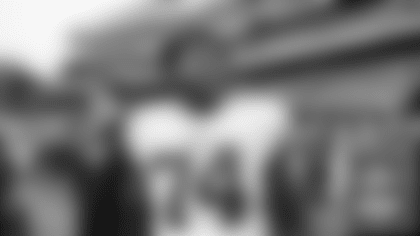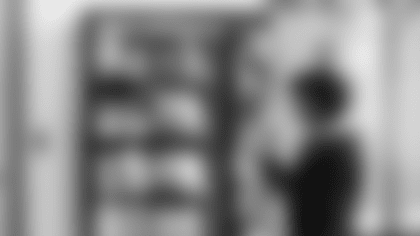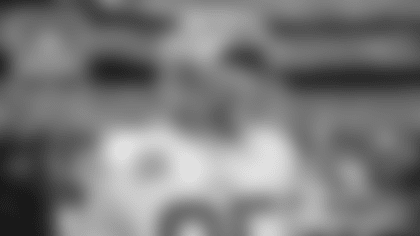The thing about epic moments like "The Catch" is that they're relived so many times and in so many different ways, that the circumstances surrounding them are lost in time.
We're now so far removed from the 1981 NFC Championship Game – a 28-27 49ers win over the Dallas Cowboys before San Francisco's first Super Bowl victory – that the before, during and after of Joe Montana's six-yard touchdown pass toward Candlestick Park's north end zone is a little cloudy. This, despite the fact that our historical record contains published words, photos and videos.
PHOTOS: The Catch
Of course, memories are more significant when they come from the men who made them. So 49ers Studios got on the case.
Quarterback Joe Montana:"The Catch" actually should have never happened. The play before, I missed Freddie Solomon and he was wide open. He was only five or six yards away from me, and I think I threw it three feet over his head.
Wide receiver Dwight Clark:I think Freddie took a little bit of a bad angle. So I ran on the field, we ran a sweep, and now it's 3rd-and-3 from the 6. Joe comes in the huddle and says, "We're going to run Sprint Option. Freddie, I'm looking for you," and then he says to me as the huddle breaks, "Be ready if I have to come to you."
Montana: The one thing Bill (Walsh) always taught, "Hey, it doesn't matter what happens the play before, we just got to keep playing."
Executive John McVay:Bill had an uncanny ability to pick a play and develop it and nurture it during the week, and at some stage in the game, he would spring this play that some people probably hadn't seen before.
Our Farewell Candlestick Top 10 Moments series ends with Dwight Clark's epic grab against Dallas in the 1981 NFC Championship Game.
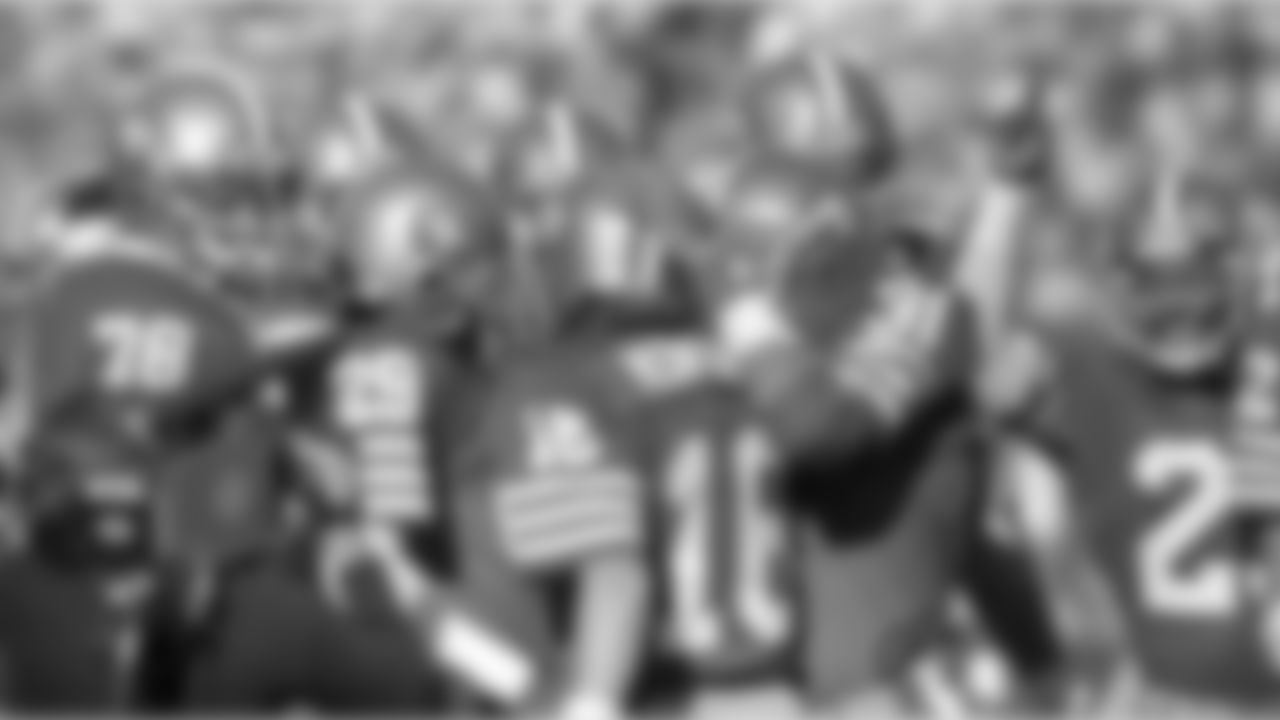
1981 San Francisco 49ers
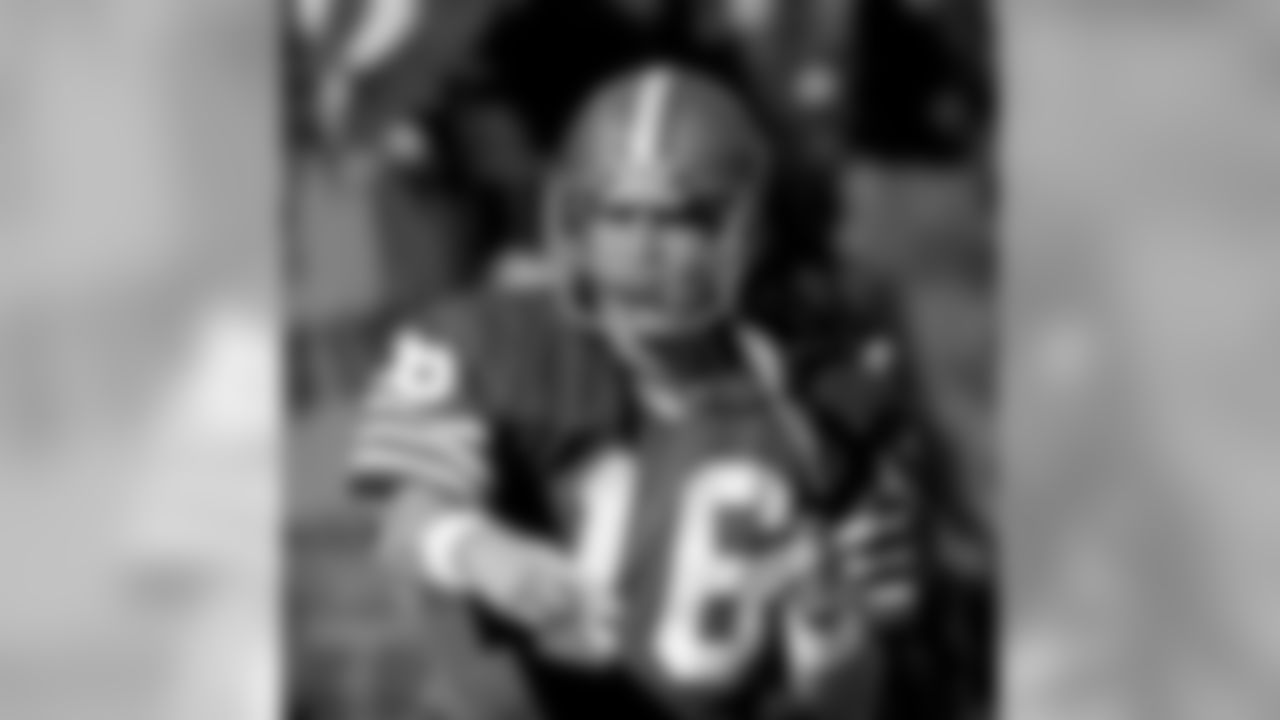
QB Joe Montana
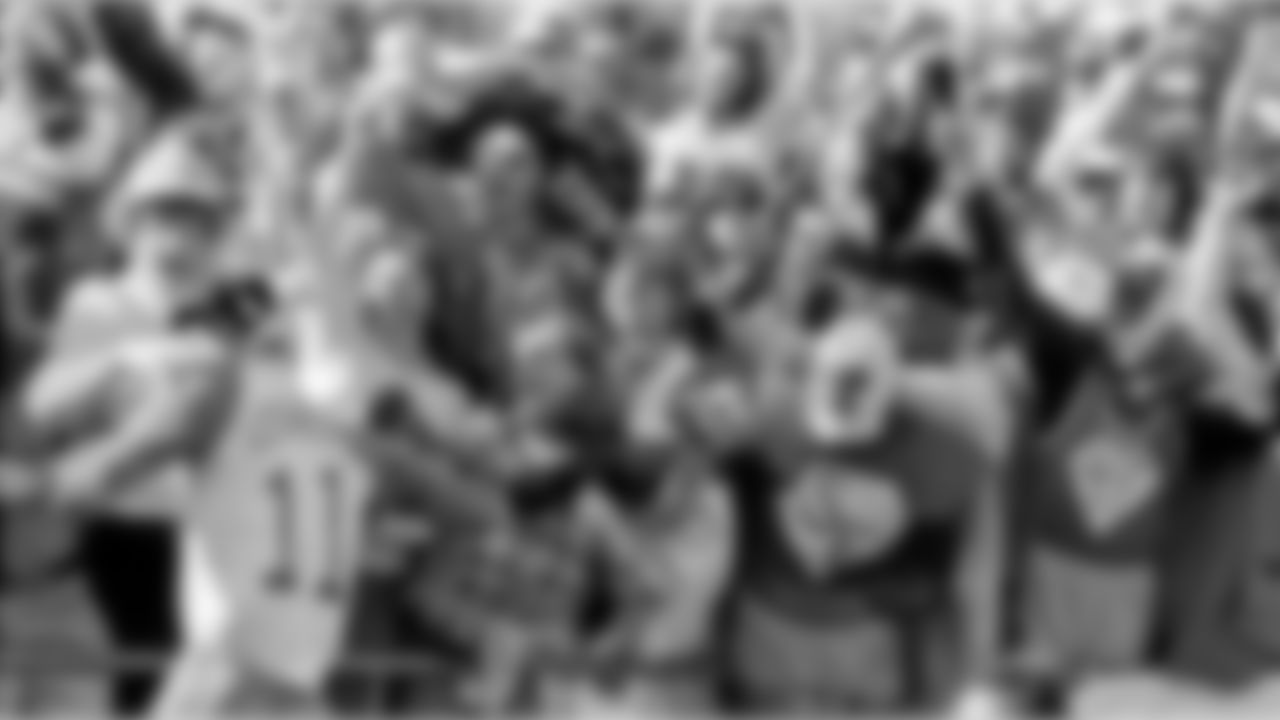
49ers Faithful
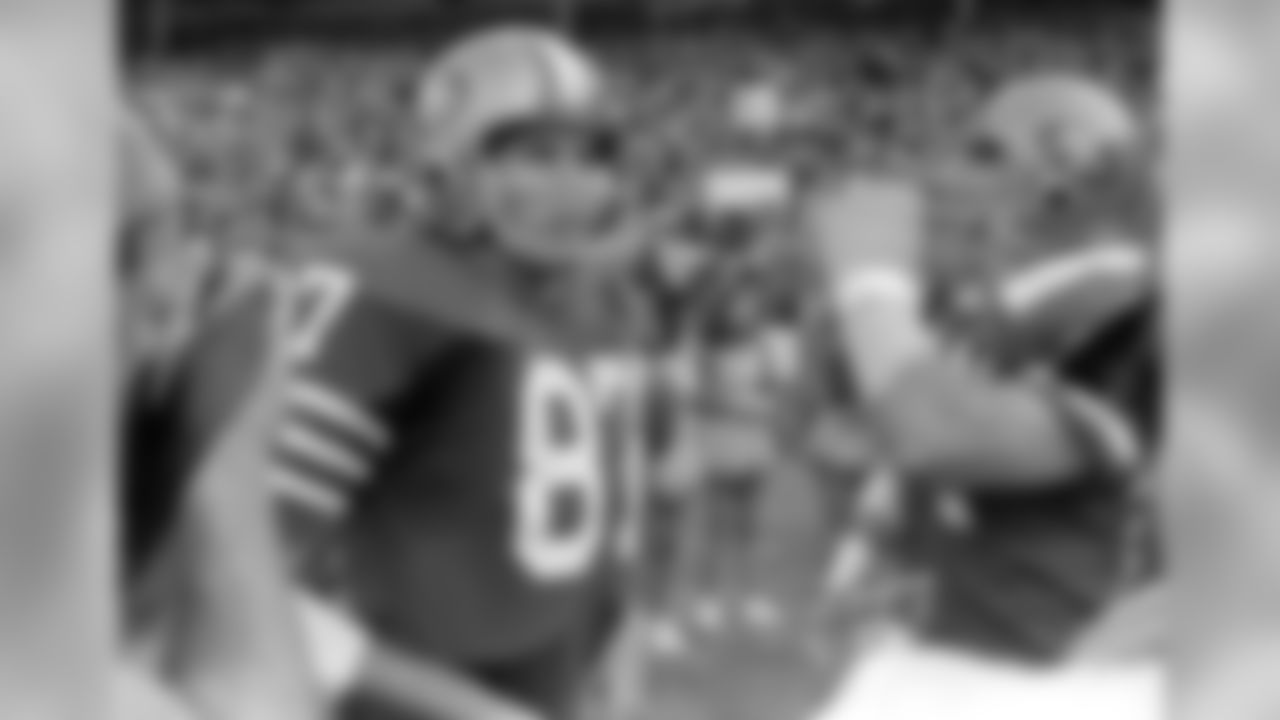
WR Dwight Clark
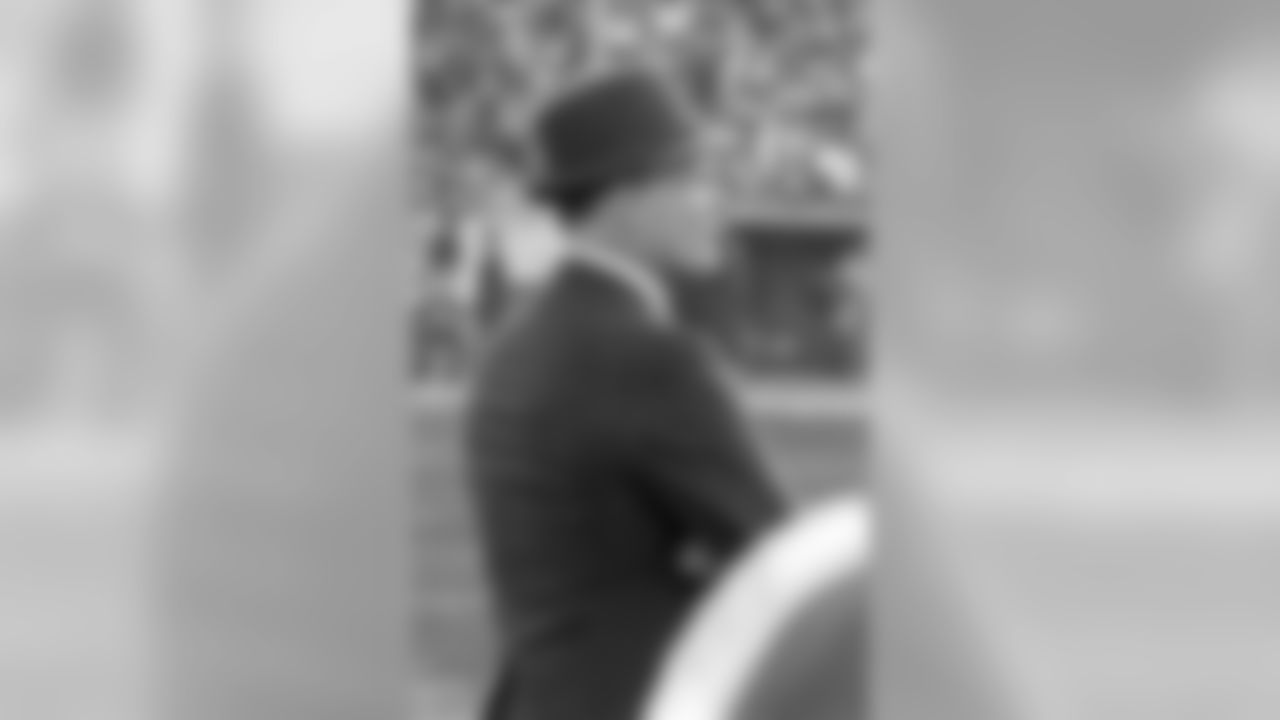
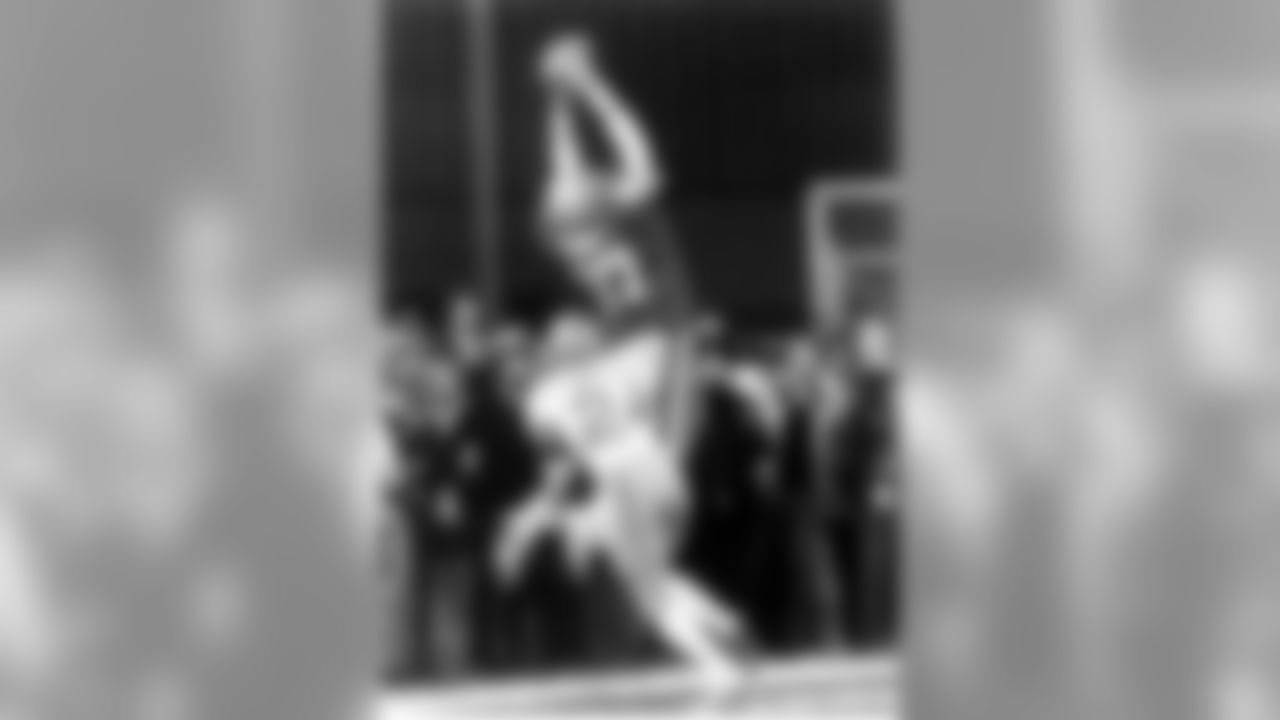
WR Dwight Clark
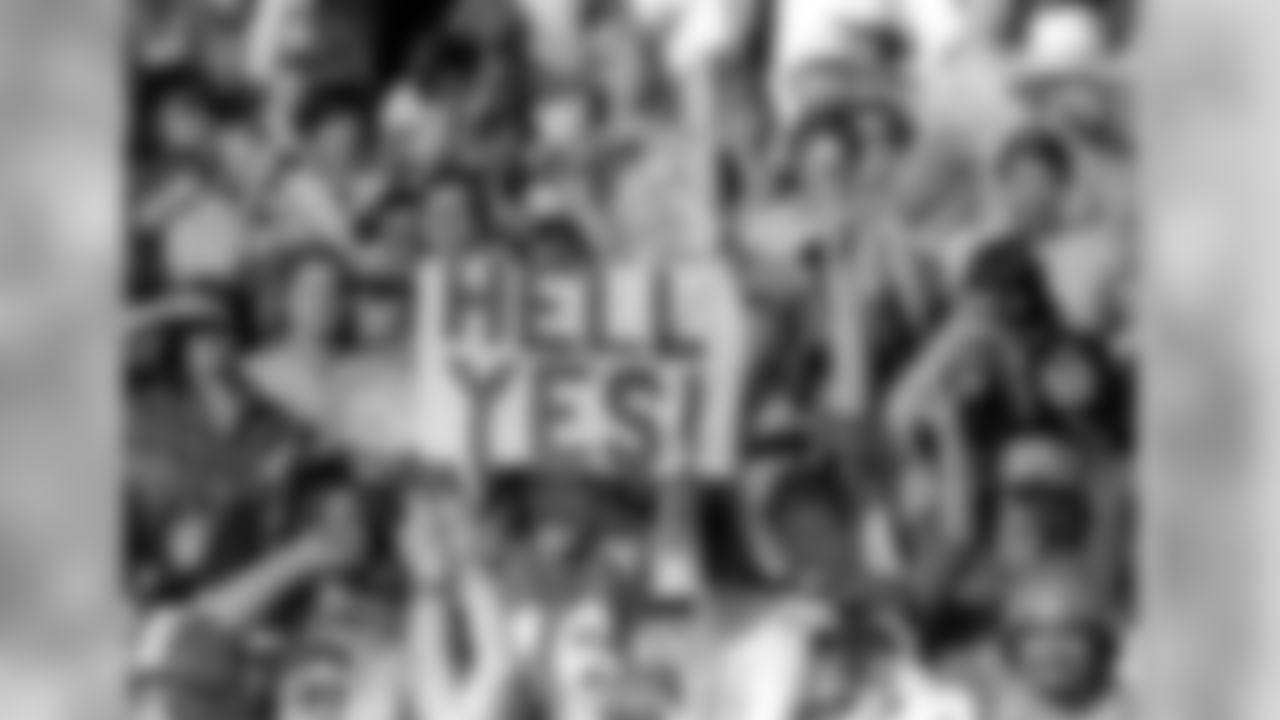
49ers Faithful
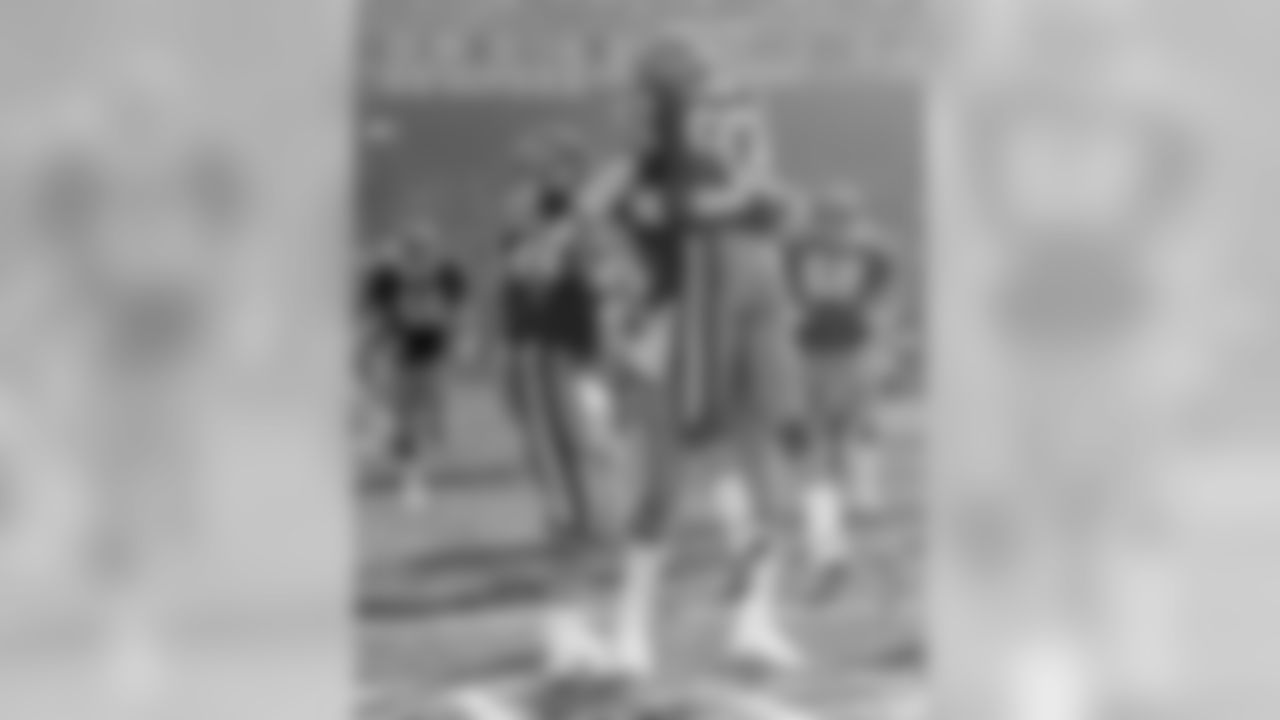
WR Dwight Clark
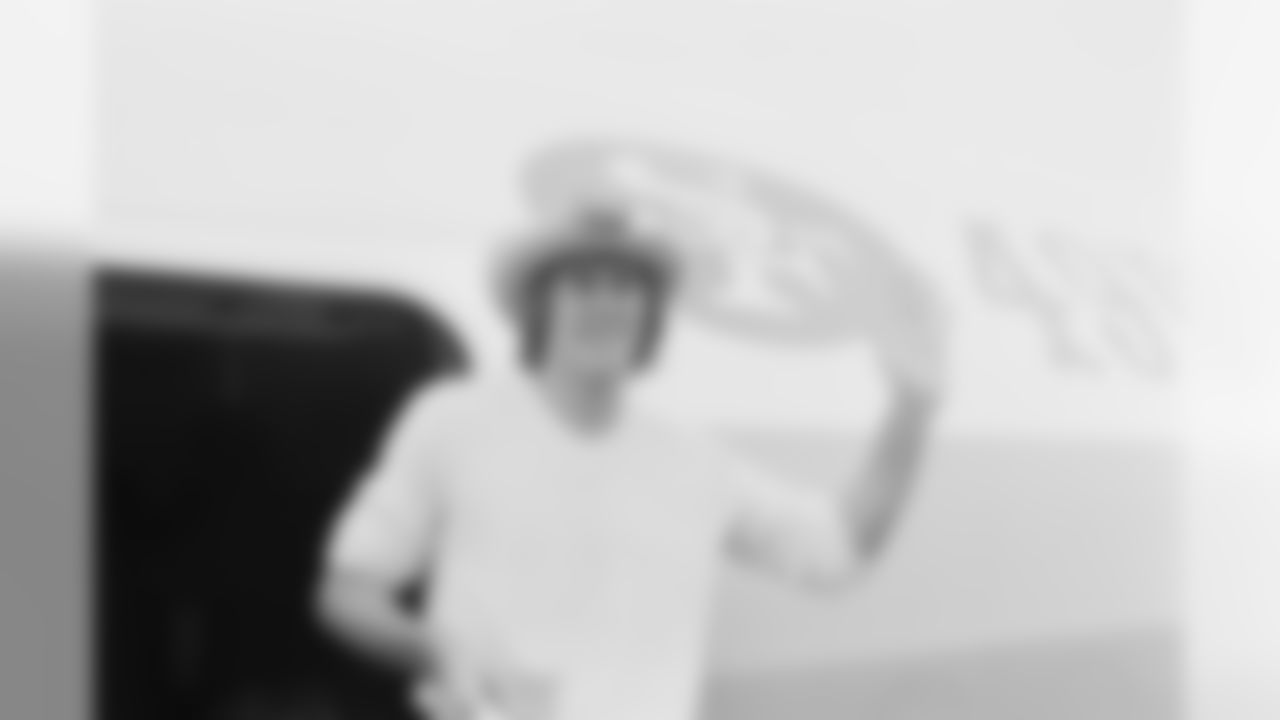
WR Dwight Clark
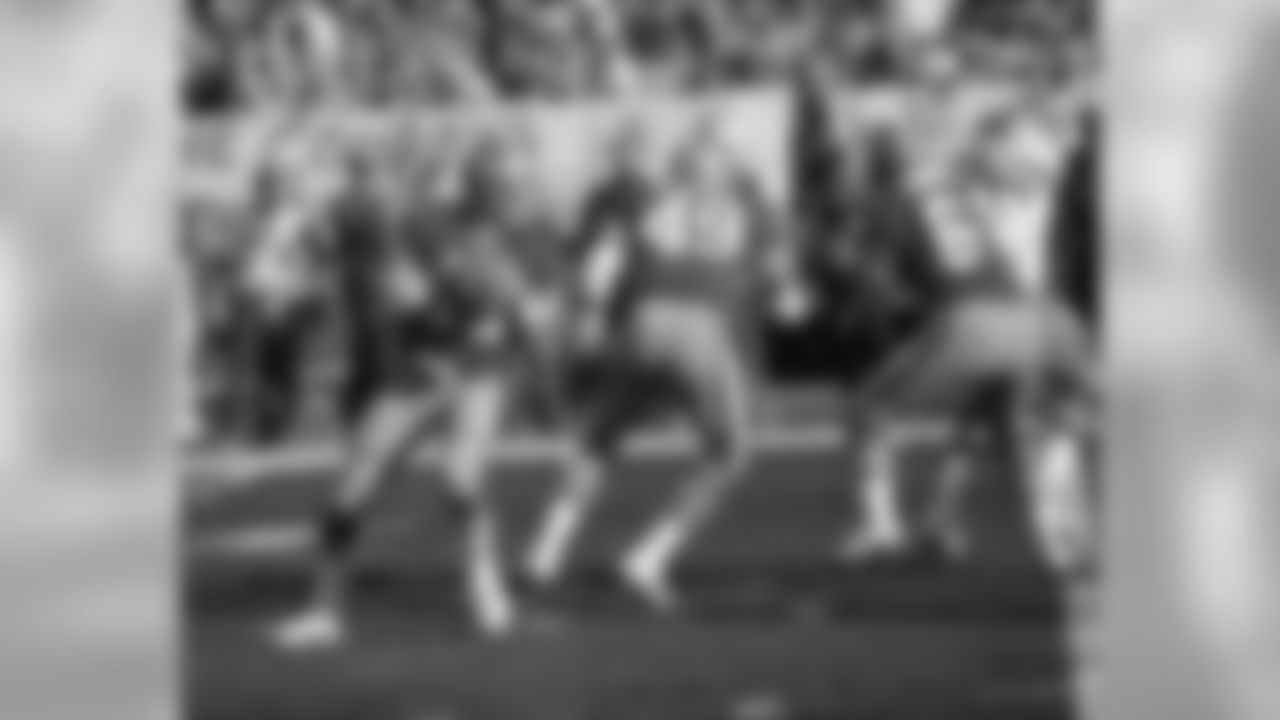
QB Joe Montana
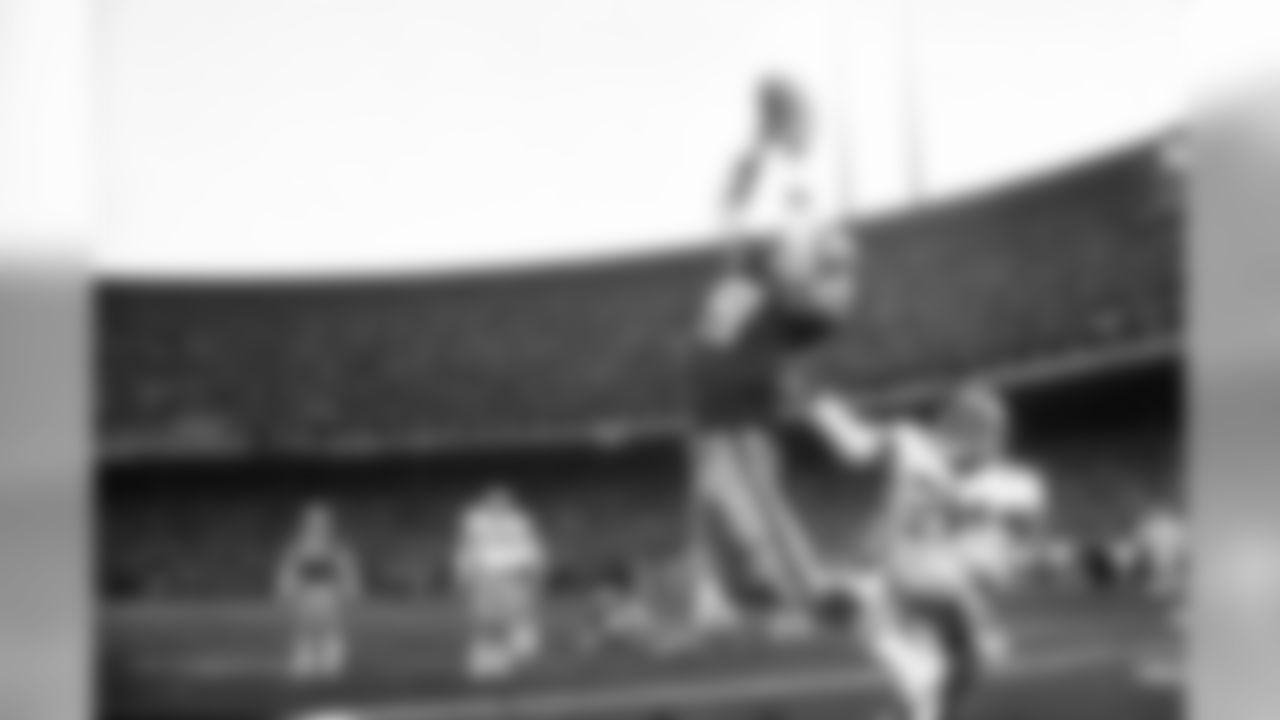
WR Dwight Clark
Clark:There's all kinds of versions of how we had practiced it, where we practiced it, when – everybody remembers it a little bit different. The way I remember it is, we had practiced it during practice maybe once, and then Bill kept Joe and I after practice during training camp, and he said, "This is what we're going to do, we're going to try to pick the defender that's covering Freddie, hit him, touchdown. If that doesn't work, then keep rolling, you can run in if it's open. The third option would be to roll to the right and throw it high enough where it goes out of bounds or Dwight can jump up and catch it. But don't throw it low, don't throw an interception. We won't call this on fourth down. Give us another down to make a play."
McVay:Everyone says that play was a make-up – that he took a stick and drew the play in the dirt, but, no, they worked on that all week long.
Clark: I had had the flu that week, so I was exhausted and went down to one knee, so Bill pulls me out of the game when we're on the 15-yard line, getting pretty close to the goal. I come to the sideline, I'm catching my breath, and I can hear Bill talking on the headset to (assistant coach) Sam Wyche, and they're talking about the plays they want to run. I hear Sprint Right Option. In practice, Joe would sail it over my head, like 10 yards over my head or too low, but never right where Bill wanted it.
Montana:Dwight and I practiced this thing in training camp and Dwight never caught the ball on this play until then. Bill made us do it, and we both thought he was crazy because we'd never throw the ball to him and he's supposed to come down and set a screen on the inside receiver in the slot. Freddie Solomon comes off a basketball pick and I'm supposed to throw him the ball."
Clark:I knew I had a chance to get the ball, but my main job was to help get Freddie open. I didn't know it at the time, he slipped in the mud there, and it gave his defender a chance to cover him up.
Montana:Luckily, Dwight remembered what he was supposed to do – continue along the back of the end-line – and I'm supposed to throw it above his head and so that if he doesn't catch it, no one does. When I let it go, I thought it was an arm's length above his head, so I didn't really see it until we got into the locker room.
Clark: When it had to be in a certain spot, with three guys in his face and off his back-foot, Joe puts it in the exact spot that it had to be. Any lower, (Cowboys cornerback) Everson Walls, who was right beside me, would have gone up with me, and it would have been a much tougher catch. As Everson looked at it, he thought it was going out of bounds. It was a double-catch. I knocked it down, my hands were flat. It was a perfect throw and just how Bill told him how to do it.
WATCH: Moments 1-10
Owner Eddie DeBartolo:I came down with John McVay – I was up in the press box – and we were down on the field in front of our dugout and a big horse's ass was right in front of me. All I heard was screaming. We walked around (the horse), and they showed it on that old, decrepit video board now, I guess.
Clark:If we hadn't had six turnovers, we would have beaten them by three or four touchdowns again. As fate would have it, it's good TV, right, when the game's close?
DeBartolo:Hey, there was much more to that game than that, but that was (the moment) that started something. It gave the 49ers fans something that they never had before. It united a city behind something. We went on to win the game and go on to win the Super Bowl in Detroit. Sports, especially winning, brings people together.
Clark:What I love about it the most is that it's connected me with 49ers fans for the rest of time. I didn't realize at the time that people would keep talking about it. But they not only talk about it. They pass it down through the generations. I'll be at an autograph thing, there'll be a 10-year old kid saying, "You're 'The Catch.'"


